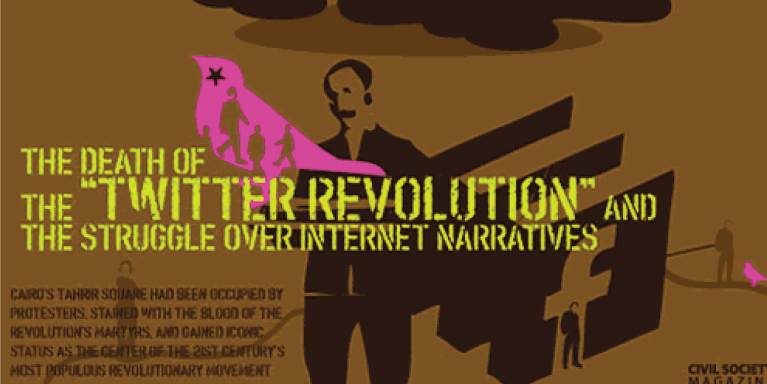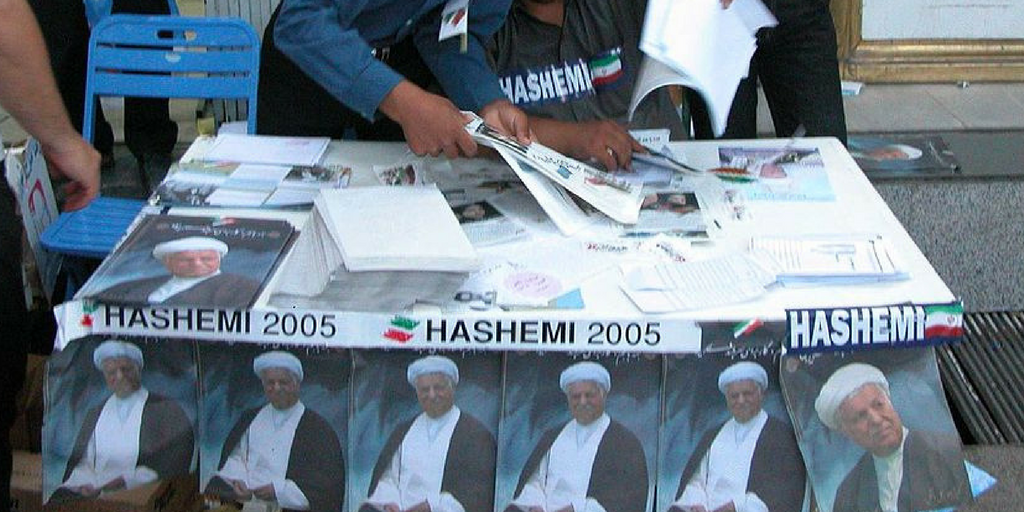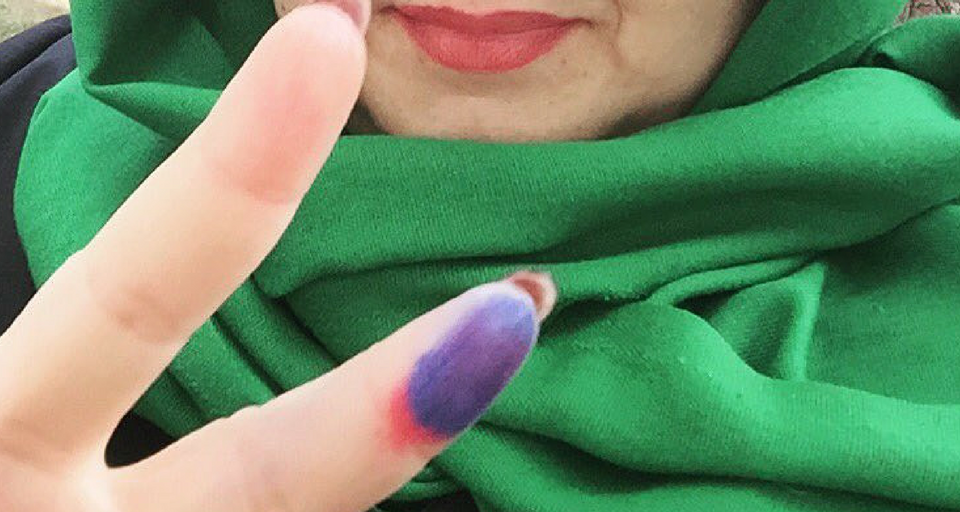
The Death of the “Twitter Revolution” and the Struggle over Internet Narratives
March 15, 2011The death of the “twitter revolution” and the struggle over internet narratives
March 17, 2011The Beginning of the One Million Signature Campaign
Faced with state violence on the one hand and initial opposition by the older generation of women’s-rights activists on the other, young activists decided to change their target audience. Instead of focusing solely on the state, as social movements traditionally do in Iran, they decided to broaden their social base by talking to people, gaining their support and recruiting new members. Upon distribution of their pamphlets in the streets on the eve of the June 12, 2006, event, the activists saw firsthand that they have the potential to draw large crowds sympathetic to their cause. This marked the beginning of the One Million Signature Campaign to change discriminatory laws against women in Iran.
The activists started to gather signatures and listen to women’s narratives as told by people around the country. They published an announcement of their goals on the Internet, a notebook on existing legal limitations on women’s rights, and a form to sign. In face-to-face interactions, the activists engaged with both men and women regarding the gender inequalities embedded in the constitution. Unlike political parties or past social movements with hierarchical power structures, these activists listened to their fellow citizens to create a grass-roots movement directly challenging the Islamic constitution. Instead of advocating on behalf of women or finding leeway in the legal system for their own advantage, as many women do in Iranian courts, (26) the campaigners sought to shape, and in turn were shaped by, a new understanding of a future society in which women’s rights would be fully recognized.
A summary of the initial statement of the One Million Signature Campaign reads as follows:
According to existing laws, a nine-year-old girl can be tried as an adult and, if a court finds her guilty, she can be executed. If a man and a woman become paralyzed in a car accident, the woman can only receive half of what a man receives as damages. If a man and a woman witness a crime, the woman’s testimony is not counted, but the man’s is. According to the law, a father can force his 13-year-old daughter into marrying a 70-year-old man. A mother cannot take full custody of her children under the existing laws nor even make decisions on their financial and medical conditions. A mother cannot legally determine her children’s residency nor travel outside of the country without her husband’s permission. A man can have multiple wives and divorce any or all at any time for whatever reason. (27)
The Spread of the Campaign
Within a year, the campaign spread to 16 provinces throughout the country, and volunteers opened a men’s group as well as a branch in California. In June 2007, following a speech by Hashemi Rafsanjani supporting the activists’ call for equality in diyeh (damages paid to victims as regulated by sharia) for men and women, Ayotallah Sanei and Hojatoleslam Gharavian also announced their support for the equality of men and women in sharia law. (28) Ayatollah Mussavi Tabrizi condemned the charges that women’s-rights activists were a “threat to national security” as “political stigmatization” in order to exclude these activists from the Iranian civil sphere. (29) Other political figures such as Ebrahim Yazdi (from the nationalist-religious faction) and Elahe Koolayi (a member of the sixth parliament) also supported the legitimacy of the women’s movement.
Despite support by reformist ulama and members of the parliament, the so-called dowlat-e mehrvarzi–the kind and generous government–of Ahmadinejad has responded with harsh measures. At the time of this writing, the authorities have blocked the site of the One Million Signature Campaign eight times. Many of the activists have been detained on charges of “spreading propaganda against the system” and “acting against national security” while gathering signatures in public spaces. In 2008, two members of the campaign who were directly in charge of the websites, Zanestan.com [no longer online] and we-4change.info [domain name changed to we-change.org]–Maryam Hosseinkhah and Jelveh Javaheri respectively–were held in Evin prison on the above-mentioned charges. In November 2007, Ronak Safarzadeh and Hana Abdi, active members of the Campaign in Kurdestan province, were detained and held without charge or trial in Sanandaj by local officials from the Ministry of Intelligence. [Updates: Safarzadeh http://www.rahana.org/prisoners-en/?p=1497 and Abdi: http://www.amnesty.org.au/svaw/comments/20526/]
Arrests Target the Young
Most of the activists arrested in relation to the One Million Signature Campaign are in their twenties, too young to have witnessed the events leading up to the revolution or, in most cases, the revolution itself. For instance, Jelveh Javehri is 24 years old, a graduate student in sociology at Al-Zahra University who lost two of her brothers in the Iran-Iraq War. She is one of the many citizen journalists/bloggers who have directly contributed to broad coverage of the campaign on the Internet. Her arrest prompted Asieh Amini, another activist, to condemn the harsh response of the system as a violation of the commitment of the Islamic Republic of Iran to the World Summit on the Information Society, which obligates Iran to ensure “an open, inclusive information society that benefits all people.” (30)
Mothers for Peace
The nonviolent conflict sparked by the One Million Signature Campaign seems to have had a domino effect. The mothers of the young activists now in detention or condemned to receive lashings, along with others concerned about the prospects of war, have gathered to form Mothers for Peace (http://www.motherspeace.blogfa.com/). Another campaign by civil-society activists has also started, in conjunction with a signature campaign to stop stoning in Iran. As of December 16, 2007, this campaign had become an international movement by joining forces with activists from other Islamic countries. (31)





